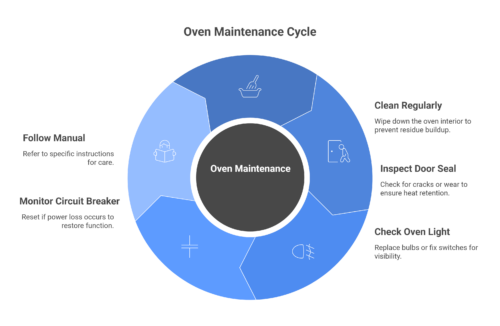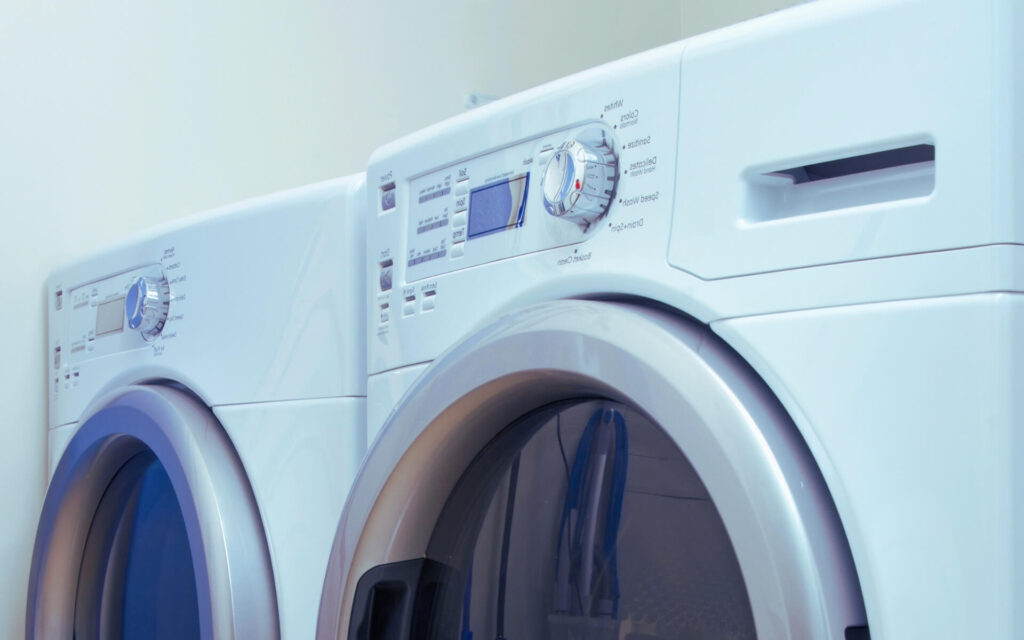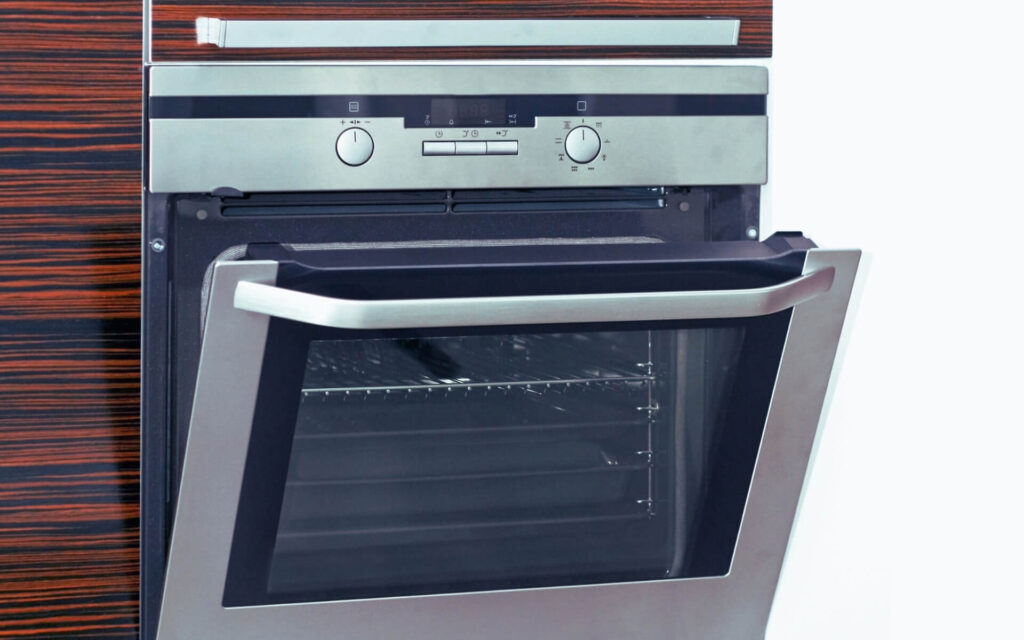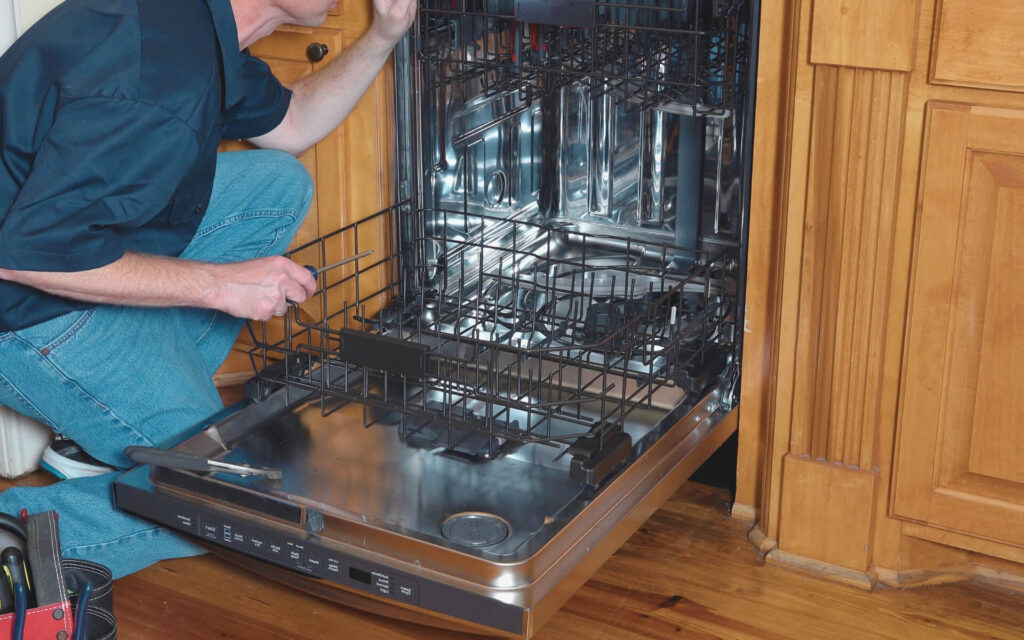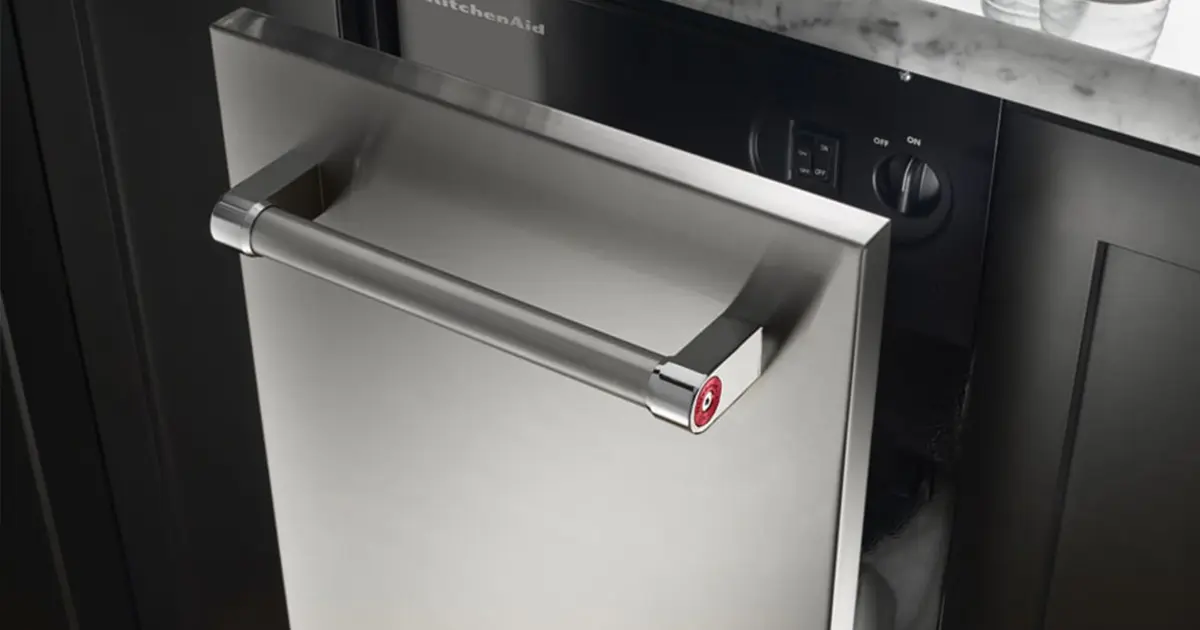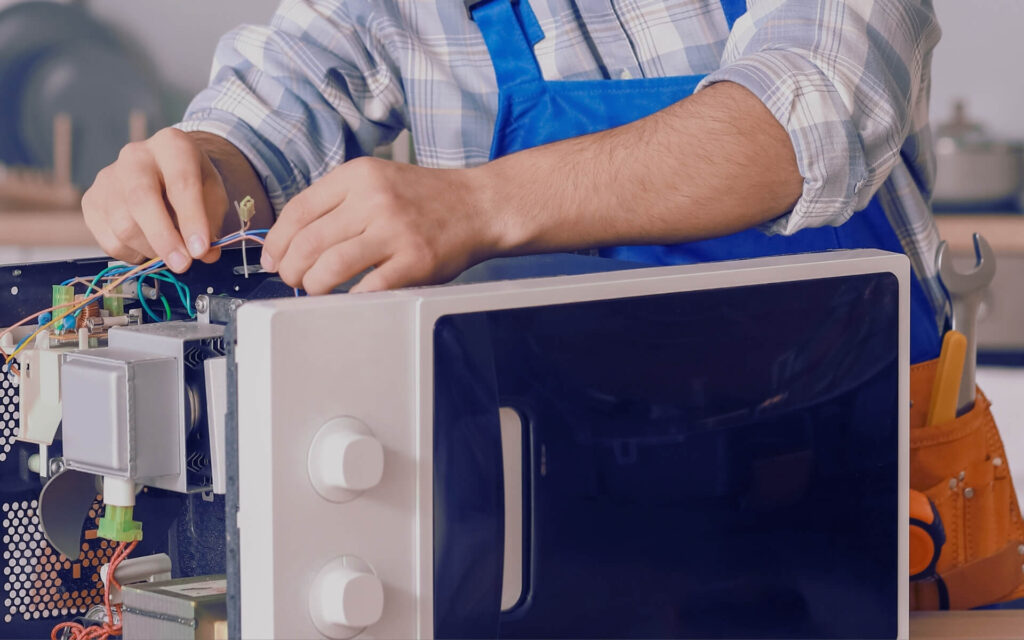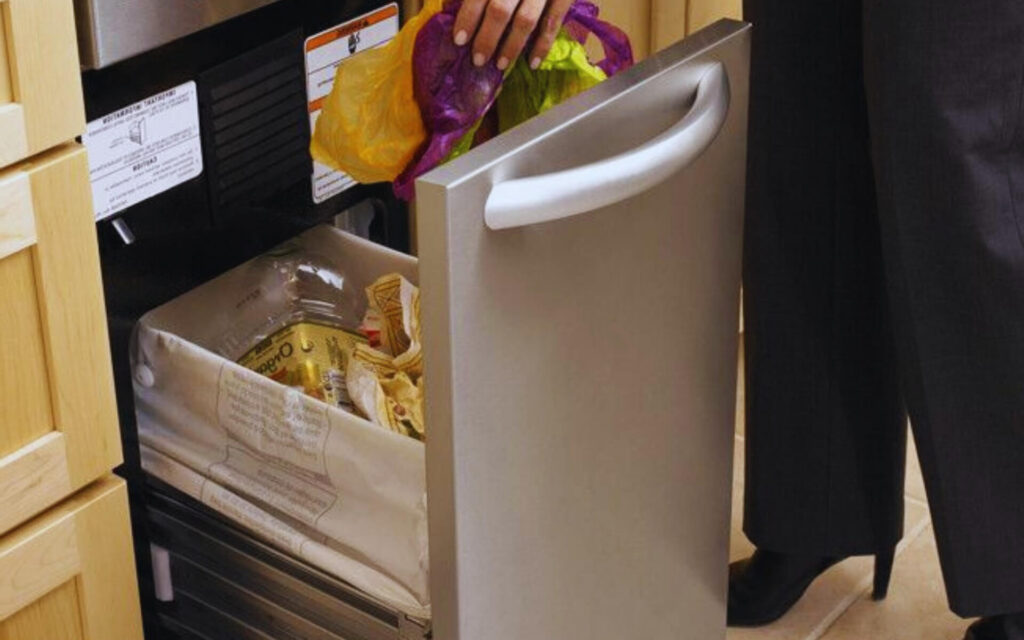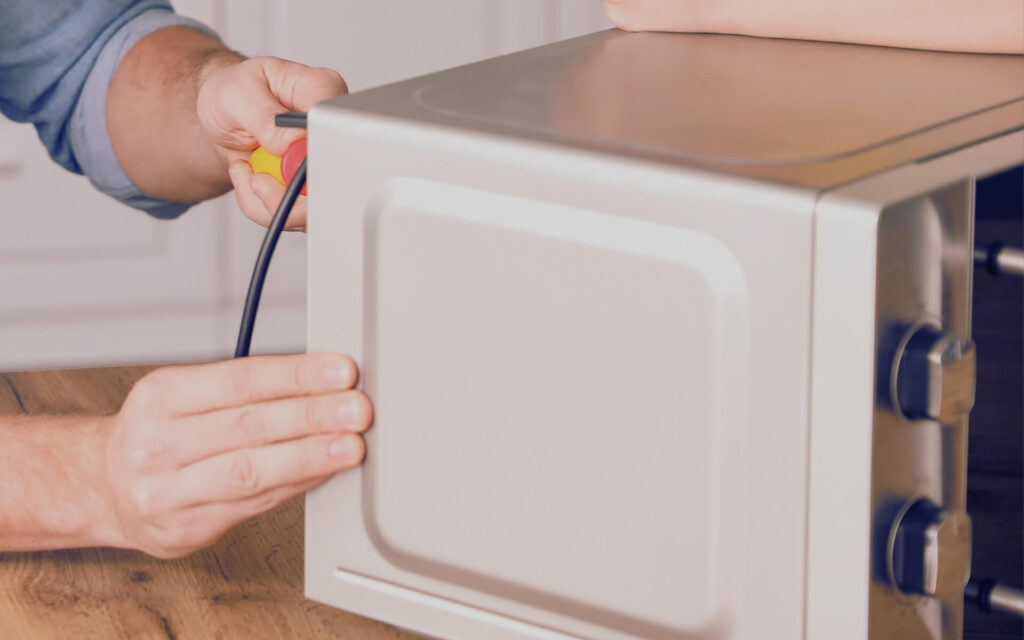DIY or Professional: Navigating Dishwasher Repair in Arizona
✅ Key Points
- Identifying common dishwasher problems helps determine whether DIY repair is possible.
- DIY repairs save money but can risk voiding warranties or worsening damage.
- Professional repair is ideal for complex, electrical, or water-related issues.
- Arizona’s hard water and extreme heat create extra wear on dishwashers.
- Cost, confidence, and warranty coverage should all influence your decision.
- The benefits of choosing professional dishwasher repair include warranty protection, expert diagnosis, and time savings.
🛠️ Key Definitions
- Hard Water: Water high in minerals like calcium and magnesium that can cause scale buildup inside appliances. Learn about Arizona’s hard water
- Descaling: The process of removing mineral deposits to restore performance and prevent damage.
- Spray Arm: The rotating piece that sprays water to clean dishes, commonly clogged with food or scale.
- Drain Pump: Removes water from the dishwasher after the cleaning cycle; often clogs with debris.
- Blockage: An obstruction in the dishwasher's drain or filter that prevents proper function, often leading to drainage problems and requiring removal to restore normal operation.
- Inlet Valve: Controls water entry; failure can prevent filling or cause leaks.
- Puddle: A water accumulation on the floor resulting from a dishwasher leak, often indicating issues with door seals, hoses, or the pump area.
Understanding Common Dishwasher Issues
This section will cover common dishwasher and appliance issues, providing a comprehensive overview to help you diagnose and address problems effectively. Dishwashers are a modern kitchen essential, making clean-up a breeze. However, when your trusty appliance breaks down, the dilemma of fixing it yourself or hiring a professional arises. In Arizona, where the climate and water hardness can affect appliance longevity, making the right choice is crucial. This blog will guide you through the decision-making process.
Before deciding on a repair approach, it’s essential to identify common appliance issues such as leaks, drainage problems, or unusual noises. Understanding these can help you determine the severity of the repair needed. These problems can be especially frustrating for homeowners, causing inconvenience and stress. One frequent issue is when the dishwasher doesn’t clean dishes properly. This can be due to clogs in the spray arms or food particles blocking critical components. Cleaning the dishwasher filter is one of the easiest places to start.
Other common issues include:
- Dishwasher leaking: Water escaping from the appliance can indicate a problem with seals, hoses, or the pipes connected to the dishwasher.
- Leaks: Often caused by faulty door seals, loose connections in the water supply lines, or damage to the pipes and pipes connected to the dishwasher. Always inspect these areas for signs of leaking or wear.
- Strange noises: May point to worn-out bearings, loose components, or a failing motor.
- Electrical problems: Such as a dishwasher that won’t turn on or shuts off mid-cycle.
When diagnosing a leak, check for visible water around the base of the dishwasher and listen for dripping sounds. Note: Always turn off the power and water supply before inspecting hoses, pipes, or internal components to prevent accidents.
Understanding the source of these issues, whether mechanical or electrical, can inform whether a DIY fix is feasible or if a professional appliance repair service is a better choice.
Evaluating the DIY Approach
DIY repairs can be cost-effective and rewarding if you have the skills and tools. For example, dealing with a clogged drain often requires only checking and cleaning the filter and drain pump area. Removing trapped food particles can restore proper function. Make sure to complete all steps in the repair process to ensure your dishwasher works as intended.
Other simple DIY repairs include:
- Cleaning or unclogging spray arms
- Replacing a worn door seal
- Swapping out a broken dish rack wheel
- Resetting the control panel
- Scrub the filter or gasket with a brush to remove debris and mold
DIY may not be appropriate for all situations. Complex problems involving electrical circuits, the water inlet valve, or the dishwasher’s motherboard should usually be left to professionals. Attempting these repairs without proper training can void warranties, increase repair costs, or even present fire or shock hazards.
When to Call a Professional
Some dishwasher problems require expert knowledge, especially when they involve electronics, plumbing, or significant damage. Professional appliance services have the advantage of specialized tools, extensive experience, and access to OEM parts. Technicians assist customers throughout the repair process, guiding them from diagnosis to completion.
Here are signs it’s best to hire a pro:
- The dishwasher won’t power on
- It leaks water under the unit or into cabinetry
- It stops mid-cycle or shows error codes
- There’s visible electrical damage or burning smell
- The issue persists despite basic troubleshooting
A professional will handle the job with thoroughness and professionalism, ensuring every aspect of the repair is addressed. Professionals not only fix the problem effectively but also ensure repairs are covered under service warranties. This peace of mind is especially important when dealing with high-cost appliances or installations.
If you’re located in Queen Creek, San Tan Valley, Coolidge, or Florence, a local pro can diagnose and ensure your dishwasher is properly repaired.
Repair Services for Major Appliances
Major appliances like dishwashers, refrigerators, and ovens are the backbone of any busy household. When these essential appliances develop issues—such as a leaking dishwasher, trouble draining properly, or problems with the pipes connected to your unit—it’s important to act quickly. A professional repair service can accurately diagnose and fix a wide range of appliance issues, helping you avoid the high cost and inconvenience of replacing a major appliance with a new dishwasher or fridge.
By scheduling service with a trusted provider, you ensure that your appliance is repaired using the correct methods and parts, restoring it to working correctly and preventing further water damage or leaks. Professional repair services are equipped to handle everything from minor leaks to complex problems with the pipes connected to your dishwasher, giving you peace of mind and saving you money in the long run. Instead of facing the expense and hassle of a full replacement, a timely repair can extend the life of your appliances and keep your household running smoothly.
What to Expect from a Professional Dishwasher Repair Service
When you contact a professional repair service for dishwasher problems, you can expect a thorough and efficient process from start to finish. On the first visit, a skilled technician will carefully diagnose the issue—whether it’s a clogged drain, leaking hoses, or a problem with the water supply line or pipes connected to your dishwasher. The technician will inspect all relevant components, including hoses and the water supply, to pinpoint the source of the problem.
After diagnosing the issue, you’ll receive a clear estimate outlining the repair costs, including labor and any necessary parts. The technician will also explain the benefits of repairing your appliance versus replacing it, helping you make an informed decision. If your dishwasher is still under warranty, the repair service will assist you with the warranty process to ensure that covered repairs are handled at minimal or no cost to you.
Once repairs are completed, the technician will test your dishwasher to confirm it’s working correctly and provide helpful tips for ongoing maintenance—such as checking for blockages, cleaning the dryer vent, and inspecting hoses and pipes. This comprehensive approach ensures your appliance remains reliable and efficient, reducing the risk of future issues.
Cost Considerations for Repairs
Cost can be a major factor when choosing between DIY and professional repair. While DIY avoids labor costs, it can involve hidden expenses.
DIY Costs May Include:
- Buying replacement parts ($10–$50 for simple components)
- Tools you may not already own
- Time spent researching and troubleshooting
- Risk of compounding the problem
- The cost difference between having a part repaired versus replaced, as repairing a component is often less expensive than replacing it entirely.
Professional Repair Costs Typically Include:
- Diagnostic fee
- Labor charges
- Cost of parts (often higher but sourced correctly)
- Warranty protection
Although the upfront price of hiring a professional is higher, the accuracy and reliability of their work can often lead to better long-term value—especially if your repair avoids having to replace the entire unit. Repairing an appliance can be more cost-effective than having it replaced, particularly when only certain parts need attention.
Also, consider warranty implications. A DIY repair gone wrong can void the manufacturer warranty, while most professionals guarantee their work, reducing future costs.
Arizona-Specific Factors
In Arizona, two major environmental factors impact dishwasher performance: hard water and extreme heat.
Hard water causes mineral buildup inside your appliance, reducing efficiency and eventually damaging components like heating elements, inlet valves, and spray arms. Regular descaling is necessary to keep it functioning properly.
Tips for dealing with hard water:
- Use a monthly descaling cleaner
- Install a whole-home or under-sink water softener
- Clean filters and nozzles more frequently
Arizona’s intense heat can also cause problems, particularly for seals, hoses, and plastic parts, which may become brittle and crack over time.
To combat climate-related damage:
- Inspect hoses and gaskets at least twice a year
- Store detergents in cool, dry locations
- Don’t run the dishwasher during peak daytime heat if your kitchen gets hot
Arizona’s climate doesn’t just affect dishwashers—other major appliances like dryers, ovens, and refrigerators are also impacted. For example, regular dryer vent cleaning is essential to prevent fire hazards and maintain dryer efficiency, especially in dry, dusty conditions. Ovens and refrigerators may also require more frequent maintenance to ensure safe and reliable operation. While our focus is on dishwashers, keep in mind that small appliances may need attention as well, though repair services for these are often limited to warranty exchanges.
Appliance maintenance tips for Arizona homes can go a long way in extending the life of your dishwasher.
The Importance of Timely Repair
Addressing appliance issues as soon as they arise is essential for protecting your home and your investment in household appliances. A leaking dishwasher or a clogged dryer vent can quickly escalate into bigger problems, including water damage, mold, and mildew. By scheduling service promptly, you can avoid the higher cost and frustration of replacing a major appliance and instead benefit from a quick, professional repair.
Most repairs can be completed on the first visit, minimizing disruption to your daily routine. A professional technician will use the correct type of detergent and soapy water to clean and maintain your appliance, ensuring the job is done right. Regular maintenance—like wiping down your fridge and oven, checking for leaks, and keeping dryer vents clear—can help prevent common problems and extend the lifespan of your appliances.
Don’t wait until a small leak or blockage becomes a major headache. Timely repairs keep your appliances working efficiently, protect your home from water damage, and save you money in the long run. If you notice any signs of trouble, contact a professional repair service to get your dishwasher, dryer, or other major appliances back in top shape.
Prevention and Maintenance Tips for Your Dishwasher
Keeping your dishwasher in top shape doesn’t just save you from unexpected breakdowns—it also helps you avoid costly repairs and water damage in your kitchen. Regular maintenance is the key to ensuring your appliance continues draining properly and cleaning dishes efficiently.
Here are some essential tips to help you prevent common dishwasher problems and extend the life of your appliance:
- Check and Clean the Filter: A clogged filter is a common problem that can stop your dishwasher from draining properly. Remove and rinse the filter regularly to keep debris from building up.
- Inspect the Drain Hose: Make sure the hose connected to your dishwasher isn’t kinked, clogged, or leaking. Blockages or leaks in the hose can lead to a leaking dishwasher or water pooling on your floor.
- Examine the Water Supply Line: Periodically check the water supply line for any signs of wear, leaks, or damage. A damaged line can cause leaks and affect your dishwasher’s performance.
- Use the Correct Type of Detergent: Always use detergent designed for dishwashers. The wrong type can create excess soapy water, leading to blockages or residue on your dishes.
- Don’t Overload the Dishwasher: Overloading can prevent water and spray arms from reaching all your dishes, leaving them dirty and increasing the risk of clogs.
- Clean Gaskets and Seals: Wipe down the door gasket and seals with warm soapy water to prevent mildew and ensure a tight seal that keeps water inside the appliance.
- Run Regular Cleaning Cycles: Use a dishwasher cleaner or a mixture of water and white vinegar to run a cleaning cycle. This helps remove debris, food particles, and odors.
- Inspect for Leaks: Check around your dishwasher and under the sink for any signs of leaks or water damage. Early detection can help you fix small issues before they become major repairs.
If you notice any issues—such as your dishwasher not draining, leaking, or making unusual noises—it’s best to schedule service with a professional repair technician. Most repairs can be completed on the first visit, saving you time and preventing further damage. The cost of repairs will depend on the issue and the labor required, so it’s a good idea to check your warranty or contact a trusted repair service for advice.
Following the manufacturer’s instructions for maintenance and repair is essential. This may include replacing worn-out parts like the spray arm or gasket and ensuring your new dishwasher is installed and leveled correctly. If you’re unsure about any aspect of maintenance or repair, don’t hesitate to contact a professional technician. Their expertise can help you avoid costly mistakes and keep your household appliances working correctly for years to come.
By following these prevention and maintenance tips, you’ll help ensure your dishwasher continues to perform at its best—saving you time, money, and hassle in the long run.
Choosing the Right Approach for Dishwasher Repair
Deciding whether to tackle a dishwasher repair yourself or call in a professional depends on a few critical factors:
Ask yourself:
- Is this a minor issue like a clog or simple part replacement?
- Do I have the tools, time, and knowledge to fix it?
- Is the repair covered under warranty?
- Could I make things worse if I attempt it myself?
If the issue is small and you’re confident in your ability, a DIY fix can save money and time. But when in doubt—especially with complex or electrical issues—reaching out to a professional is the best way to ensure a safe and lasting repair.
Need Help from a Trusted Arizona Dishwasher Repair Company?
If you’re located in Queen Creek, San Tan Valley, Coolidge, Florence, or surrounding Arizona communities, My Appliance Repair Pros is here to help. Our trained technicians understand the unique challenges of maintaining appliances in the desert and provide fast, professional, and affordable service.
📞 Call now: (520) 788-4004
📩 Contact our team
🌐 Visit our homepage
You can easily check, reschedule, or cancel your service appointments if needed.
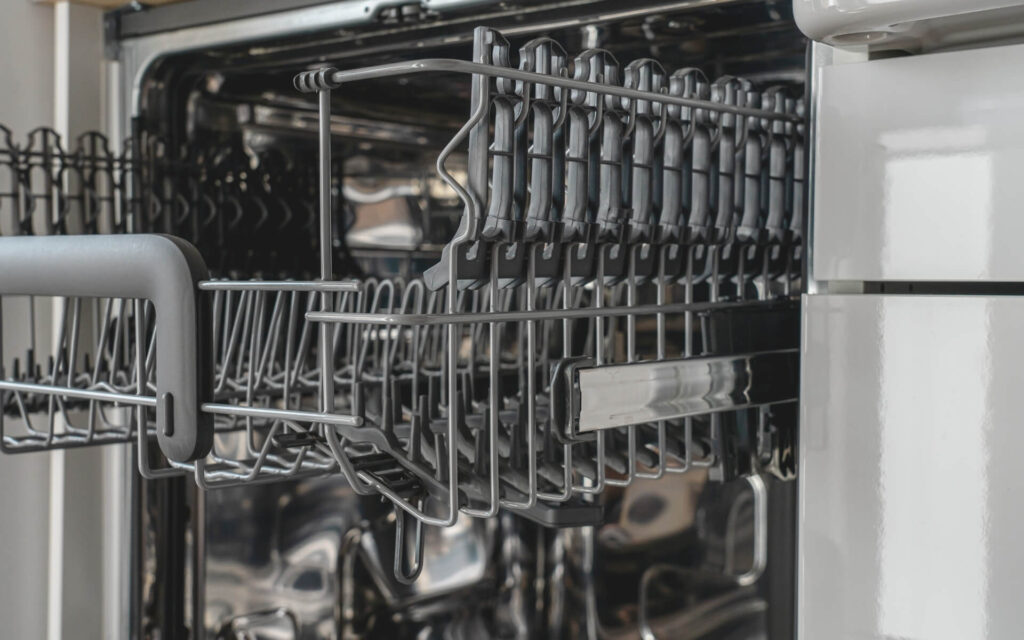
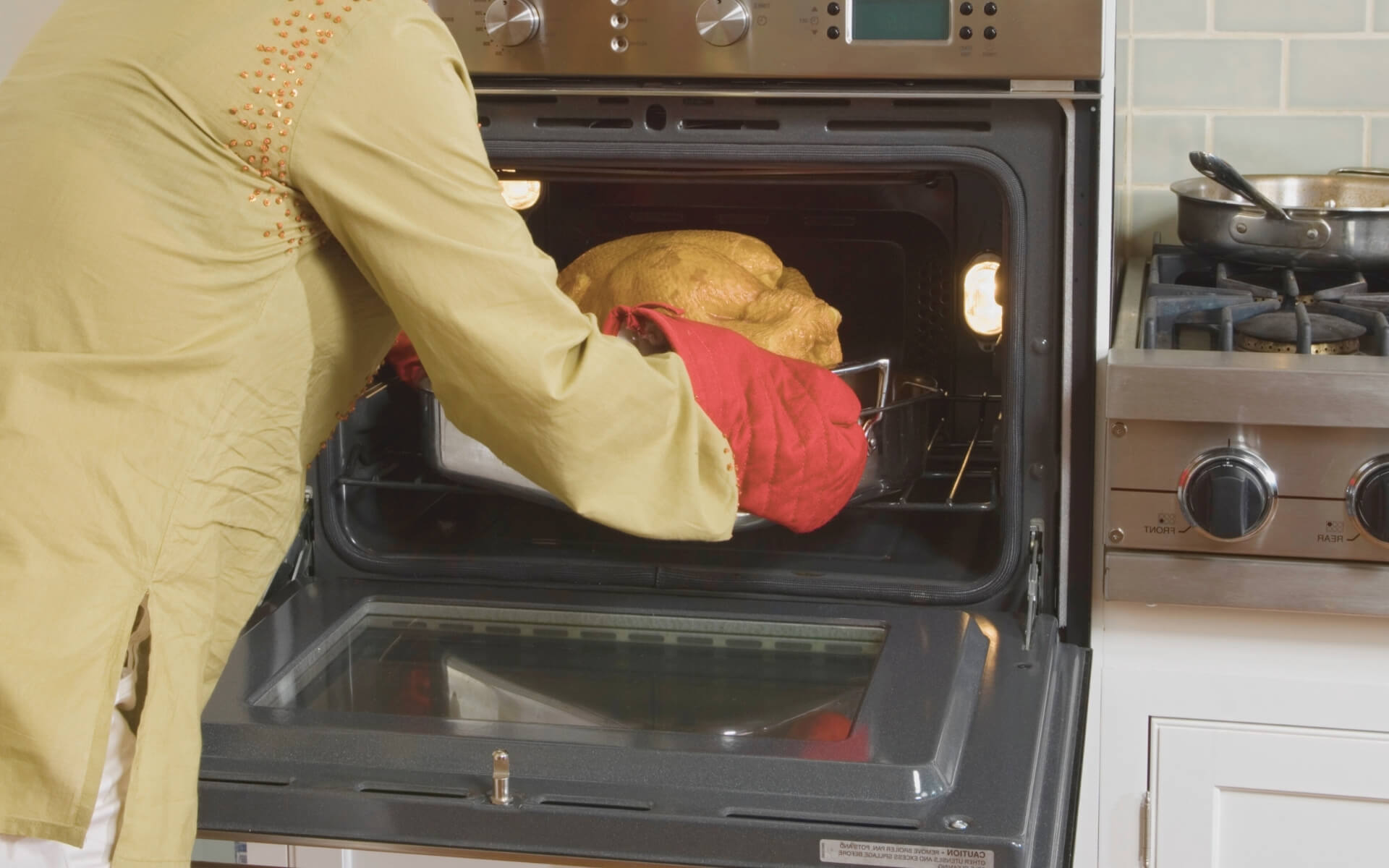
 When your oven fails to reach the desired temperature, it can disrupt your cooking process. Check the following when your oven won’t heat properly:
When your oven fails to reach the desired temperature, it can disrupt your cooking process. Check the following when your oven won’t heat properly: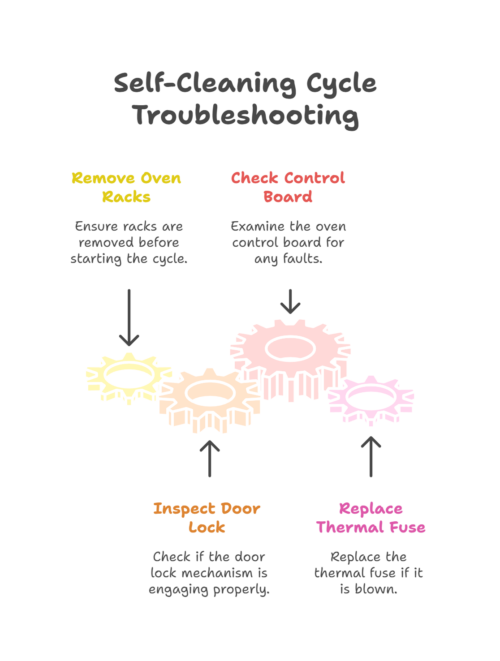 A malfunctioning self-cleaning option can frustrate any homeowner. If your self-cleaning cycle won’t start:
A malfunctioning self-cleaning option can frustrate any homeowner. If your self-cleaning cycle won’t start: